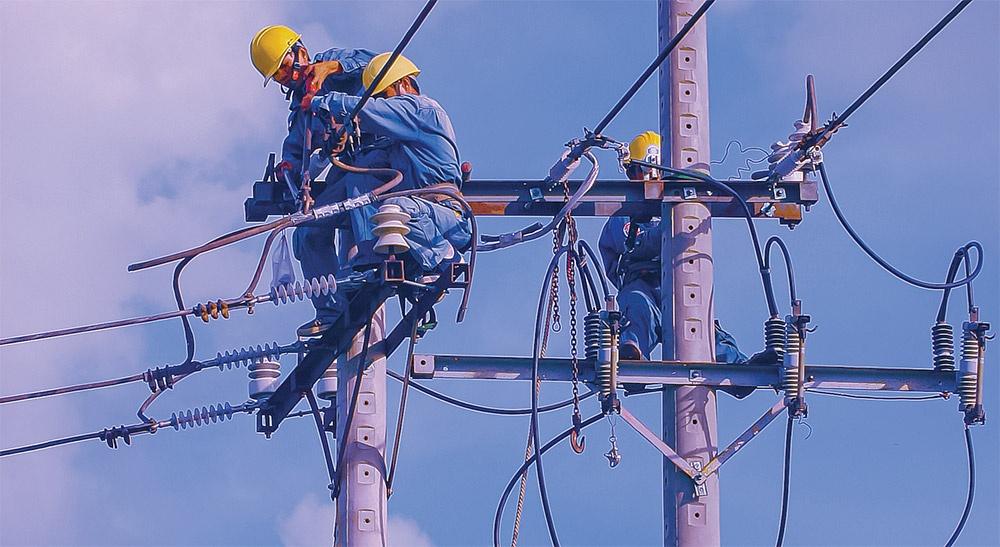INTERNATIONAL INVESTMENT
AND PORTAL
 Changes in law will help make state capital funding more specific and clear
Changes in law will help make state capital funding more specific and clear
It is scheduled that the Law on Management and Investment of State Capital in Enterprises, drafted by the Ministry of Finance, will be adopted on June 14 and take effect on August 1. The draft law currently discussed at the National Assembly (NA) is applicable to representatives of state capital ownership, as well as state-owned businesses stipulated in the Law on Enterprises and credit institutions whose over 50 per cent of charter capital is held by the state under the Law on Credit Institutions.
It is also applicable to representatives of such capital put into joint-stock companies and limited liability companies with two or more members; and to agencies, organisations, and individuals related to the management and investment of state capital in enterprises.
The state’s investment in enterprises is defined under the draft law as its use of its capital and assets to fund them. This includes capital from the state budget invested in enterprises, and public assets assigned to them for management.
Under the draft’s Article 12, such capital is invested to establish businesses whose entire charter capital is held by the state.
Along with crucial products and services, defence and security, and natural monopolistic sectors, the draft also covers science and technology, innovation, digital transformation, high-tech application, major investment, and construction of key infrastructure works which can create momentum for rapid overall development.
NA deputy Nguyen Thi Thu Ha representing the northeastern province of Quang Ninh welcomed the draft law. “The scope is suitable as the sectors are those in need of state capital,” Ha said. “However, it is suggested that the government soon consider and clarify conditions for such money to be placed into enterprises so that obstructions can be avoided.”
She noted that every year, businesses have to invest much money which is higher than their registered capital. “Does this classify as major investment? Currently, many state-owned enterprises (SOEs), during the process of raising charter capital, have to report to authorised agencies many types of information related to high-tech application and major funding, among others,” Ha said.
In order to avoid misunderstanding that SOEs are allowed to raise charter capital only when they meet all conditions set out in Article 12, it is suggested that the conditions be separated into two separated points.
“One is the conditions about sci-tech development and digital transformation etc., and another is about enterprises with major investment and construction of key infrastructure works,” Ha said.
NA deputy Pham Van Hoa, representing the Mekong Delta province of Dong Thap, said the scope of state capital funding in the draft law is “specific and clear”.
“However, this must be invested with focus. What private enterprises can do must be done by them. What they cannot do must be carried out by the state, in service of security and defence, social security, and public works,” Hoa said. “For example, the state has called for private backing in building a number of expressways and national roads under the build-operate-transfer form, but private businesses have refused, and so the state must invest,” Hoa continued. “This is a difficult job due to site clearance and economic effectiveness issues, among others.”
NA deputy Nguyen Van Than, representing the northern province of Thai Binh, also admitted that private businesses cannot cover everything.
“They can’t complain that the state favours SOEs in areas such as coal, oil and gas, and security and defence. SOEs must be responsible for engaging in these sectors,” he said. “What private firms don’t want to do must be done by the state. It is suggested that specific tasks be assigned to SOEs to avoid them gathering big profits from property business and focusing only on real estate, which is unsuitable.”
The draft law also stipulates that leaders and chief accountants of SOEs are not allowed to invest into, contribute capital, or purchase stakes from other enterprises whose managers and representatives are relatives.
All information about SOE activities must be publicly posted on their e-portal, and ownership representative agencies must also follow suit.



















